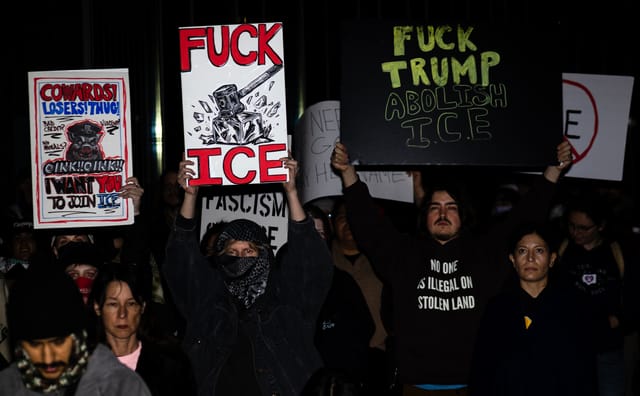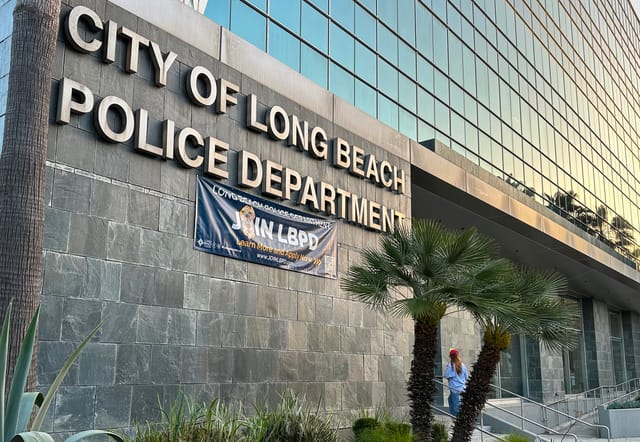Critically Speaking: An enemy of my enemy is my friend?
Unlikely allies in the battle against short-term rentals.
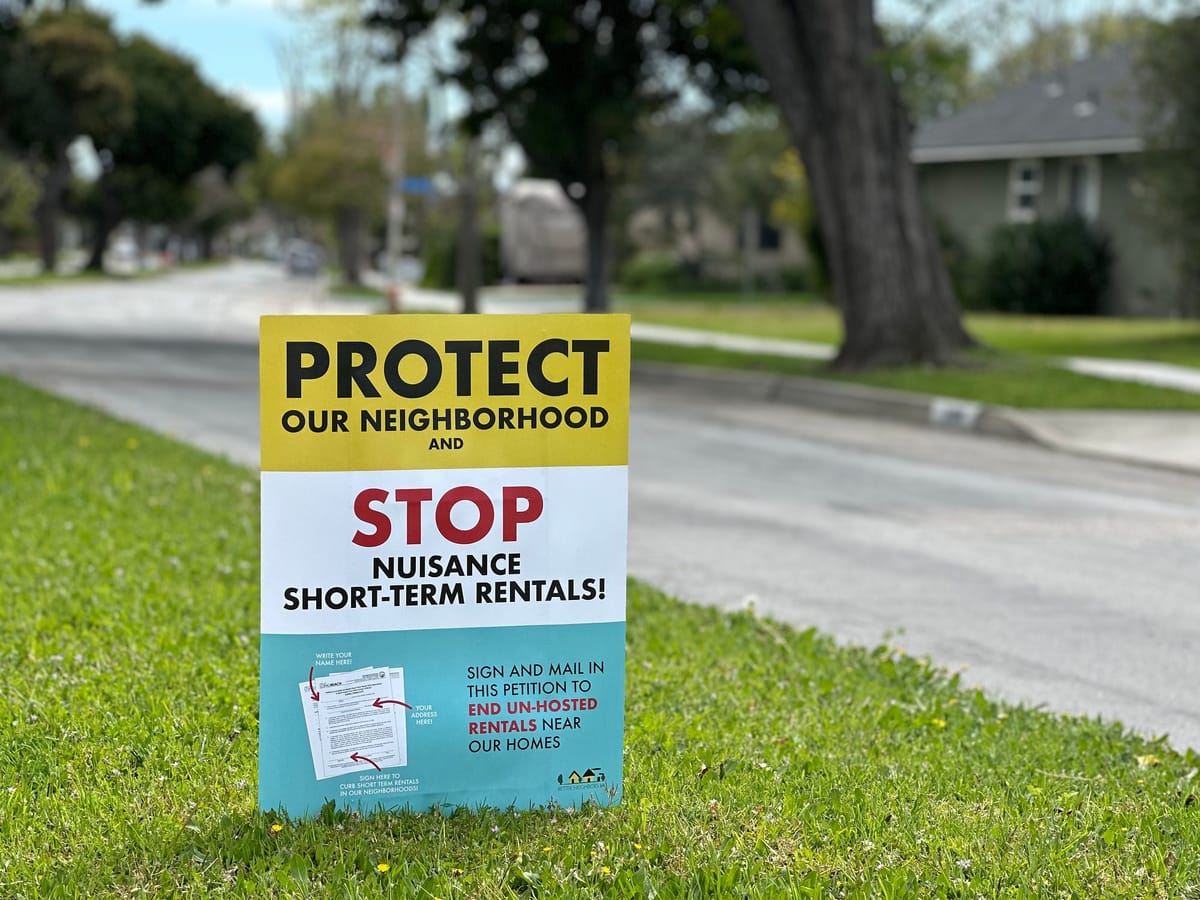
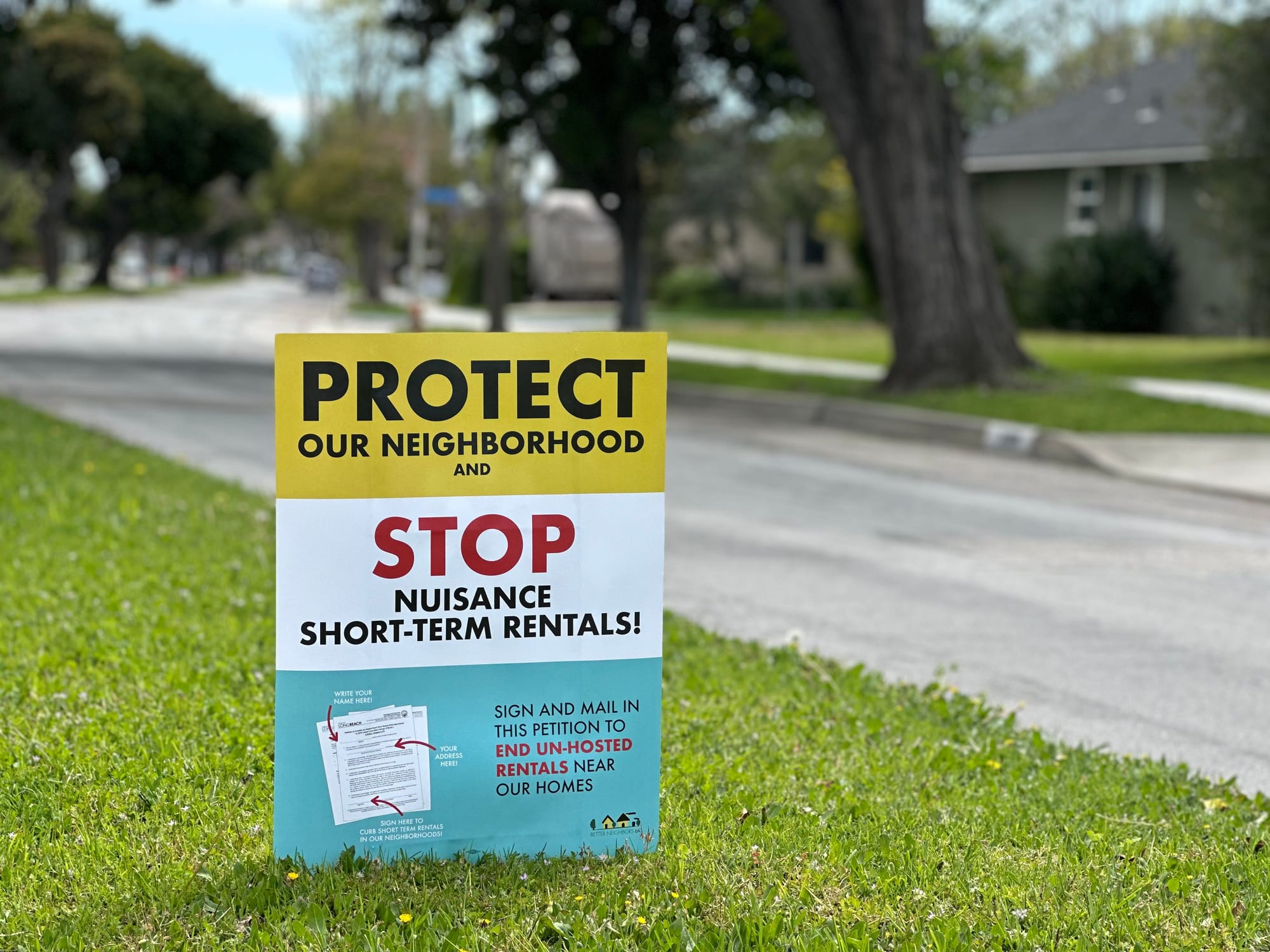
Hi everyone, I’m back!
Well, kind of.
I’m still on strike, but I know that it’s important for the community to know what’s going on in the city despite the labor unrest at what used to be the city’s largest newspaper. I have been, and will always be, committed to providing you the news.
With that being said, I revved up the ol’ City Council machine and tuned in Tuesday to see what kind of changes could be in store for the city’s short-term rental operators.
The brief history of short-term rentals, (more popularly known as Airbnb rentals), is that the council started drafting local regulations for such units in 2017, but didn’t pass an ordinance until 2020.
Those regulations established what kind of units were eligible to be rented and the annual registration fees rental operators had to pay. It put a cap on the number of un-hosted units that are not someone’s primary home and made the units subject to the same tax structure as city hotels.
That means the city makes money off short-term rentals.
However, the City Council asked for potential changes to how the law is enforced after a shooting at a College Estates rental unit earlier this year.
That brings us to this week where East Long Beach single-family homeowners were united with organized labor, something I’d never seen in all my years covering City Hall.
While residents complained about the quality of life issues they say have come from loud parties, drug use and otherwise disruptive short-term rental guests near their homes, Better Neighbors LA, a group that includes the hotel labor union UniteHere Local 11, spoke about the effect that short-term rentals have on housing affordability.
Boycott the Post. Become a Watchdog.
Noah Suarez-Sikes, an organizer with the group, pointed to a study that shows “unhosted” rentals (a unit that is rented without a host on site) have led to an increase in monthly rents in Los Angeles and may have forced as many as 5,000 additional people onto LA’s streets.
It wasn’t long before allegations were lobbed by other public speakers, who wanted to rent their homes out, that Better Neighbors LA was “recruiting” others to block short-term rentals in certain neighborhoods, something that’s allowed under the city’s law.
However, that process costs money ($1,050) and a majority of homes in a census block have to agree to a ban. So far, no petitions have successfully blocked short-term rentals from any neighborhood in the city.
That’s where this unexpected partnership enters the chat, and it makes a lot of sense.
Homeowners who are seeking to block short-term rentals from their communities and labor groups like Unite Here, which understandably want more people to stay at hotels where their union members work, have found a common enemy in the short-term rental market.
What makes this so fascinating is that just last month a ballot measure to increase the minimum wage of hospitality workers pushed for by Unite Here was resoundingly voted down by East Long Beach voters, but on Tuesday they were standing together.
I was talking to one of those homeowners this week, who I ribbed a little by calling him a “Ken” and a “NIMBY,” and got a little more insight into how this surprising relationship is working.
Better Neighbors LA has paid for at least a handful of the petitions that are currently circulating, removing a financial barrier that could prevent some communities from blocking rentals in their neighborhoods.
The number of petitions currently seeking a ban was unclear as of Tuesday night, but neighbors believe it could be as high as 12.
The organization is also knocking on doors of residents within those petition zones to remind people to vote. That’s the kind of stuff that’s hard to pull off among neighbors who likely don’t have a background in campaigning.
From what I can decipher, most neighbors just want the city’s ordinance to be enforced so they can live in peace. However, given that the city only has one person assigned to monitor these types of rentals, a ban might be the more tempting option for some communities.
Better Neighbors LA is more explicit in what it wants. The group asked the council to implement a ban on any stays at short-term rentals of less than 30 days.
The move would make these units act more like traditional housing and also drive people in town for the Grand Prix or Pride to stay at a hotel.
This is likely the start of a long-term fight over short-term rentals in Long Beach.
Pastor of Long Beach’s oldest Black church attacked twice during service
Jackie Rae • Apr 4, 2024
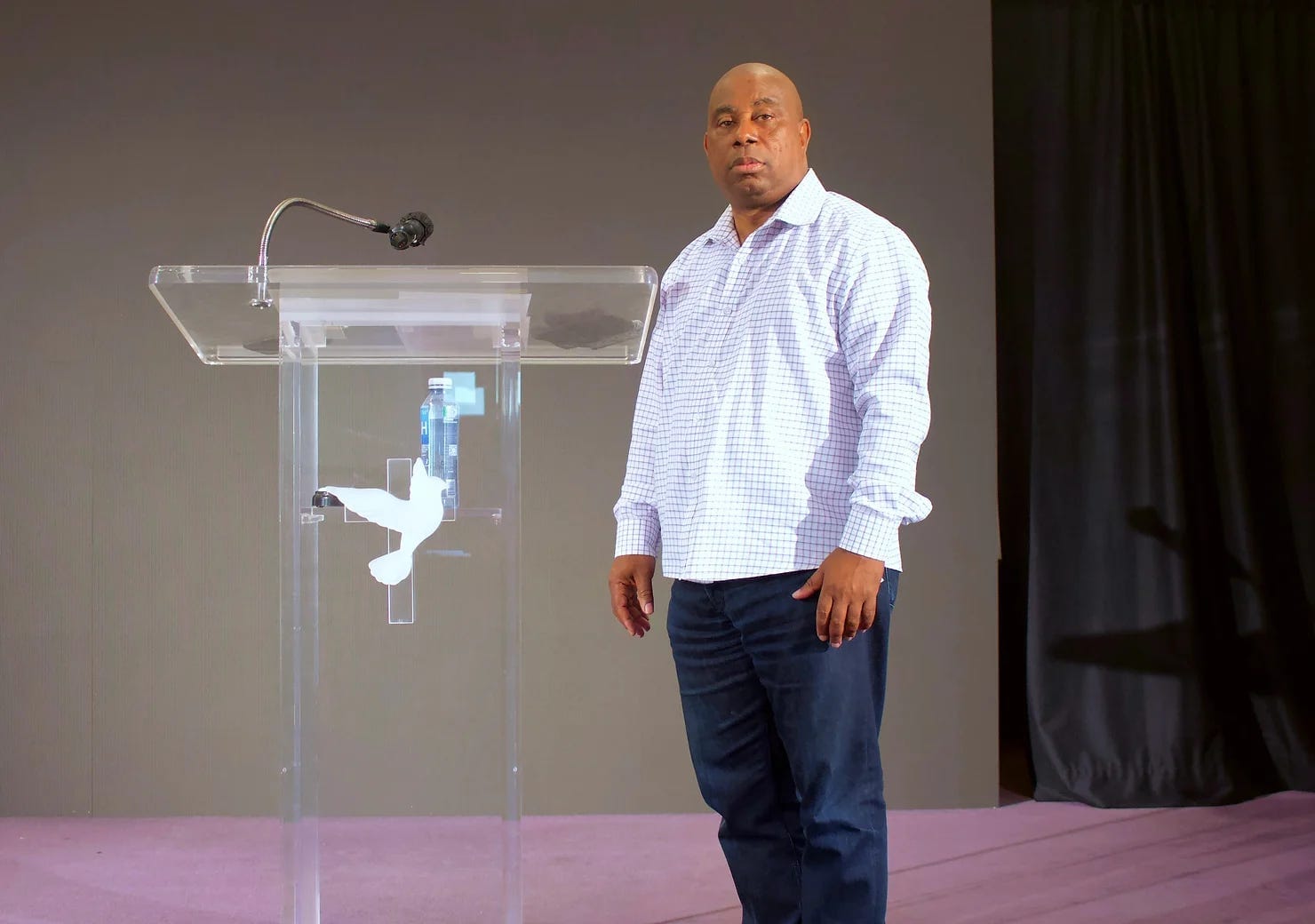
This story was first published on JackieRaeTV.com. Built 116 years ago, Christ Second Baptist Church is Long Beach's oldest Black church. Rev. Welton Pleasant II has served as the church pastor for 15 years. During that time, he has been attacked twice b…
Read full story →
What happened this week
The City Council gave the final vote of approval to a new law that will authorize the city to ban people from libraries if they’re too disruptive or violate the city’s library code of conduct. The bans could be up to one year for the most egregious offenses, including violence or sexual misconduct. The new law raised concerns for some who believe it unfairly targets the city’s unhoused population who often congregate at libraries for access to electricity, bathrooms and shelter from the elements. However, the city says the new law is intended to put in writing the city’s ability to issue bans as it tries to walk the line between making sure libraries are inviting and safe for all while also ensuring that no one’s constitutional rights are violated.
Something to keep an eye on
Cannabis tax reform is on the menu at next week’s City Council meeting and it could bring some relief to a struggling industry that has been crying out for help for several years. The proposal would grant a 1% tax reduction to adult-use retailers and allow an additional 3% cut to be achieved if operators meet certain local hire and employee compensation metrics and support equity cannabis businesses. Those savings are intended to be passed on to the consumers. To be eligible for those reductions, a business would have to be up to date with tax payments, which about half of retailers and cultivators were not when a council committee last discussed the issue in December.
We need your support.
Subcribe to the Watchdog today.
The Long Beach Watchdog is owned by journalists, and paid for by readers like you. If independent, local reporting like the story you just read is important to you, support our work by becoming a subscriber.


